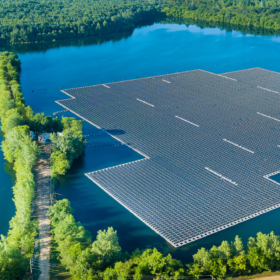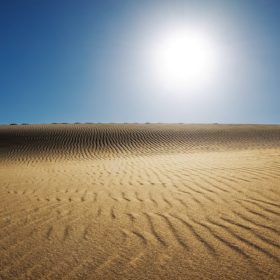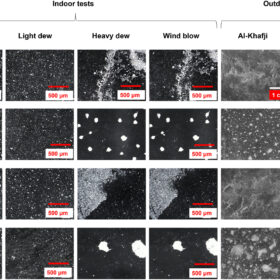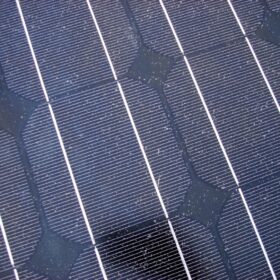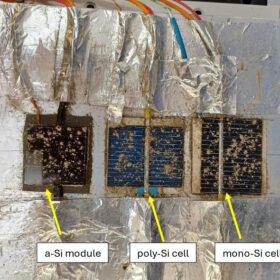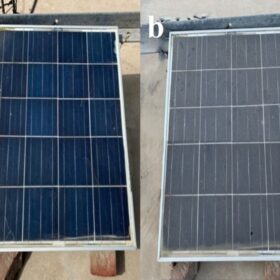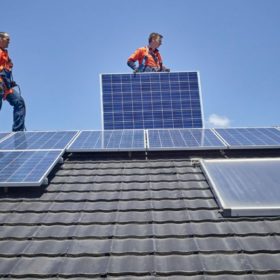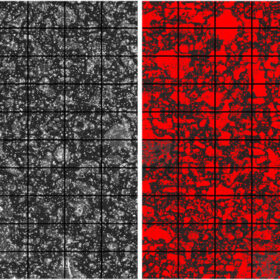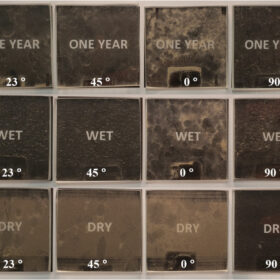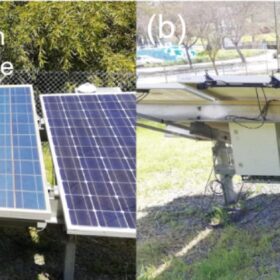Chemitek offers new cleaning products for floating PV
Chemitek has developed new cleaning products for floating PV arrays. The Portuguese company says it has tested and confirmed them to be safe for animals and vegetation around such systems.
Quantifying effect of cooling, cleaning in PV systems operating under desert conditions
Scientists in Oman have analyzed the effect of soiling, cleaning, and water injection on the performance of PV panels in Oman. They have found the use of water for cooling may increase power yield by up to 23.9%.
Scientists describe anti-soiling performance mechanisms in solar glass
Laboratory and outdoor soiling experiments conducted in Saudi Arabia have shown that increased particle resuspension by wind is one of the dominant factors for high anti-soiling performance in photovoltaic glass.
Deep-learning tech for dust detection in solar panels
Researchers from China and the UK have improved the Adam optimization algorithm to achieve better results in dust detection on PV panels. The optimized algorithm reportedly performed better than most common algorithms used for dust detection.
The effect of extreme dust conditions on PV system performance
Scientists in Romania have found that extreme dust conditions may cause losses of 45.35% and 38.14% in maximum power and short-circuit current under outdoor conditions for different kinds of solar modules. They warned that, if the effects of climate change escalate, resulting in less rainfall and more frequent sandstorm events originating from the Saharan region, extreme scenarios are very likely to occur in Europe.
New research shows impact of dust on PV module temperature, performance
New research from Pakistan shows that dust could reduce PV panel performance through the shielding effect and the “dust-temperature” phenomenon. The scientists tested two PV systems in different parts of the country.
The wild side of rooftop solar
While keeping rooftop solar panels clean and regularly maintained can deter most unwelcome visitors, householders may sometimes have to take more concrete measures to avoid wildlife taking up residence.
Researchers apply thresholding to PV soiling image analysis
Thresholding methods have commonly been used to characterize the soiling accumulated on glass coupons. Researchers led by the Sapienza University of Rome have identified 16 automatic thresholding methods that may be used for analyzing soiling on PV panels.
The impact of soiling on PV module transmittance
A European group has looked into the soiling impact on PV modules in Oman. They have collected 60 samples, based on season, month and tilt angles.
Machine learning keeps solar one step ahead of soiling
Scientists in Cyprus evaluated six different models used to predict the power losses caused by the accumulation of dust, dirt, and other substances on the surface of PV panels in the island’s arid climate. Results from the various models were compared with soiling loss data from a “test bench” installation at the University of Cyprus in Nicosia, revealing a potential advantage for machine-learning approaches backed by satellite data.
